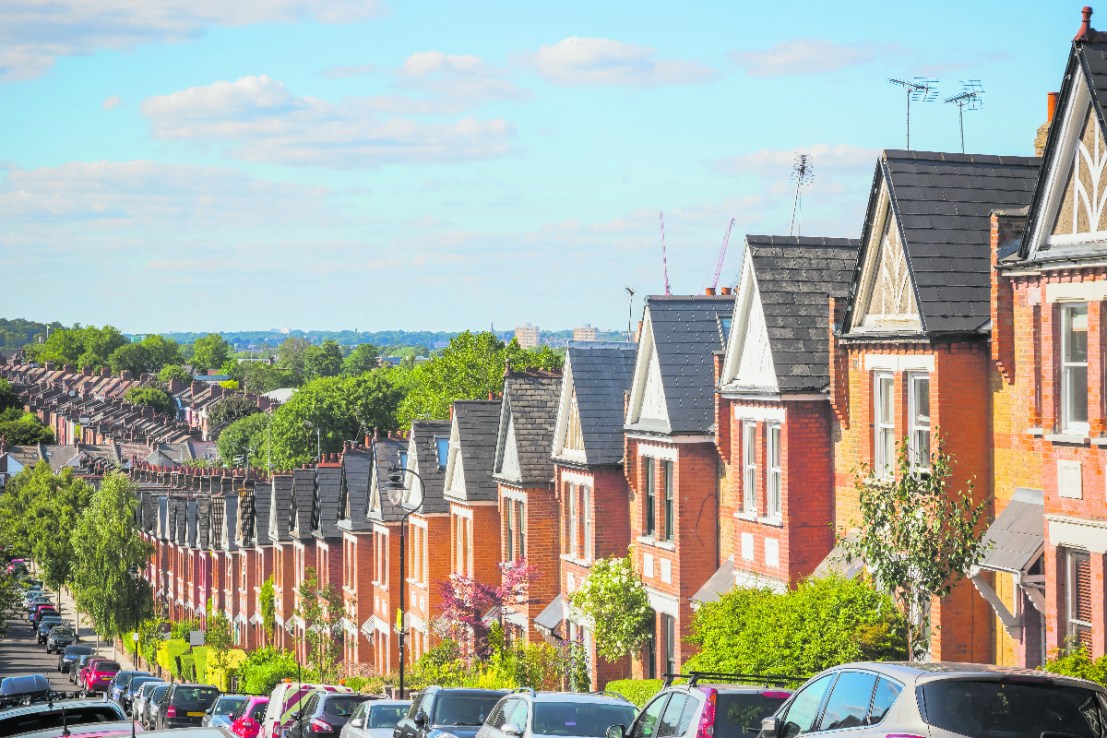
House prices in the UK fell slightly in May after market activity dropped following the end of the stamp duty holiday earlier this year according to the latest data from lender Halifax.
Prices fell by 0.4 per cent in May after rising 0.3 per cent in April, putting the value of an average UK home at £296,648.
The annual rate of growth also slowed, to 2.5 per cent from 3.2 per cent in April.
“These small monthly movements point to a housing market that has remained largely stable… [it] appears to have absorbed the temporary surge in activity over spring, which was driven by the changes to stamp duty,” Amanda Bryden, Head of Mortgages, Halifax, said.
First-time buying had surged as Brits raced to take advantage of temporarily lower taxes on their first home before the two-year policy ended in March.
Estate agents said that future house price growth will largely depend on inflation and the Bank of England.
“The key challenge is affordability – mortgage rates, higher stamp duty and for some, the increase in private school fees, is affecting many families who would like to move but are unable to,” Amy Reynolds, head of sales at Richmond estate agency Antony Roberts, said.
Rising interest rates hit house prices
Latest Bank of England figures show the number of mortgages approved to finance house purchases decreased in April 2025, by 4.9 per cent to 60,463.
Mark Harris, chief executive of mortgage broker SPF Private Clients, said: “The cheapest fixed-rate mortgages have started rising again with the trajectory of swap rates, which underpin their pricing, suggesting further mortgage rate increases in the short term.
“However, rates are only part of the picture. The easing of criteria and changes to mortgage stress tests by lenders such as Nationwide and NatWest, following changes to Bank of England guidance in March, means tens of thousands of pounds of extra borrowing may now be available to house buyers.”
Savills has said that more relaxed mortgage lending rules could see first-time buyer deals increase by a quarter in the next five years.
Bryden added: “The outlook will depend on the pace of cuts to interest rates, as well as the strength of future income growth and broader inflation trends.
“Despite ongoing pressure on household finances and a still-uncertain economic backdrop, the housing market has shown resilience – a story we expect tocontinue in the months ahead.”







